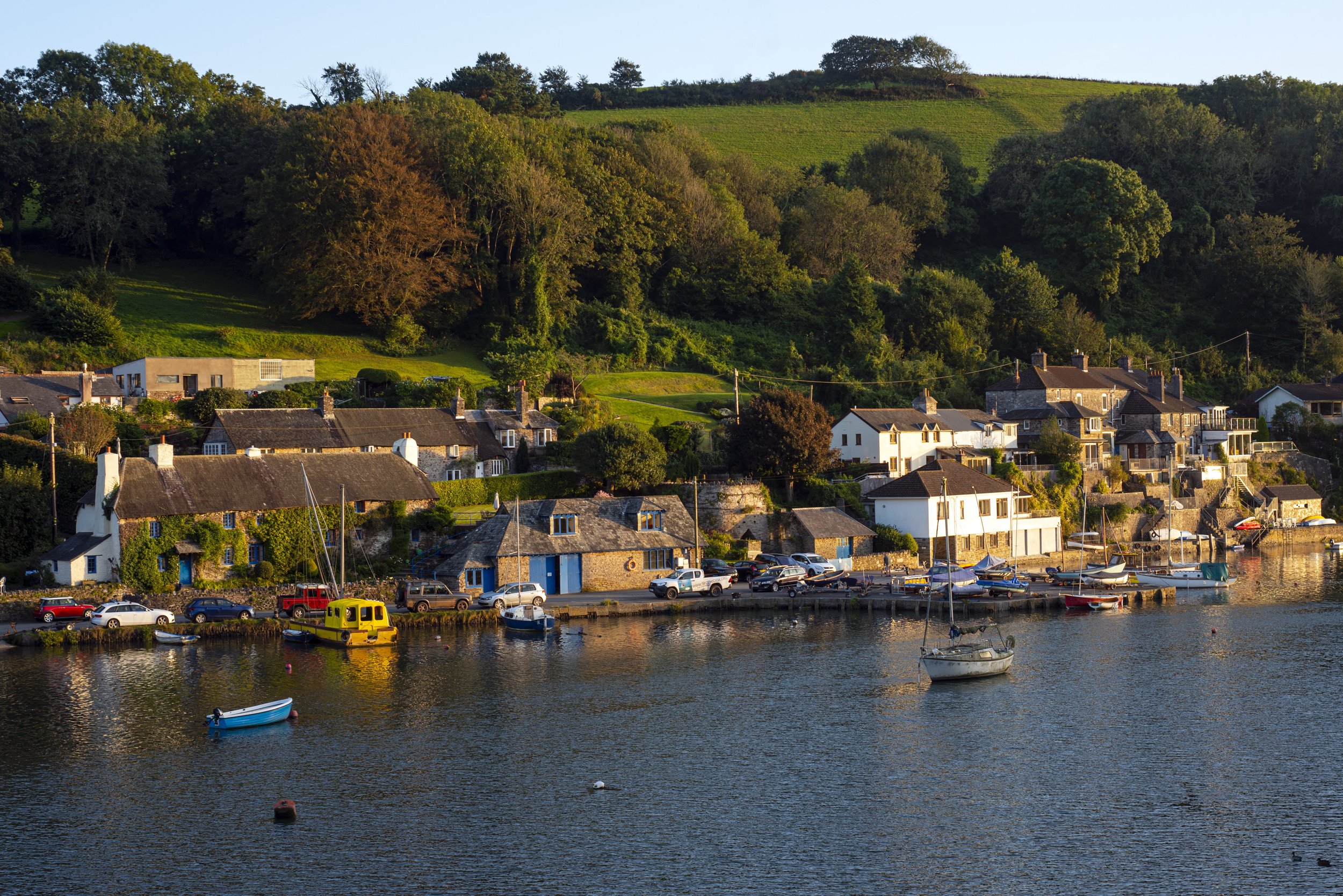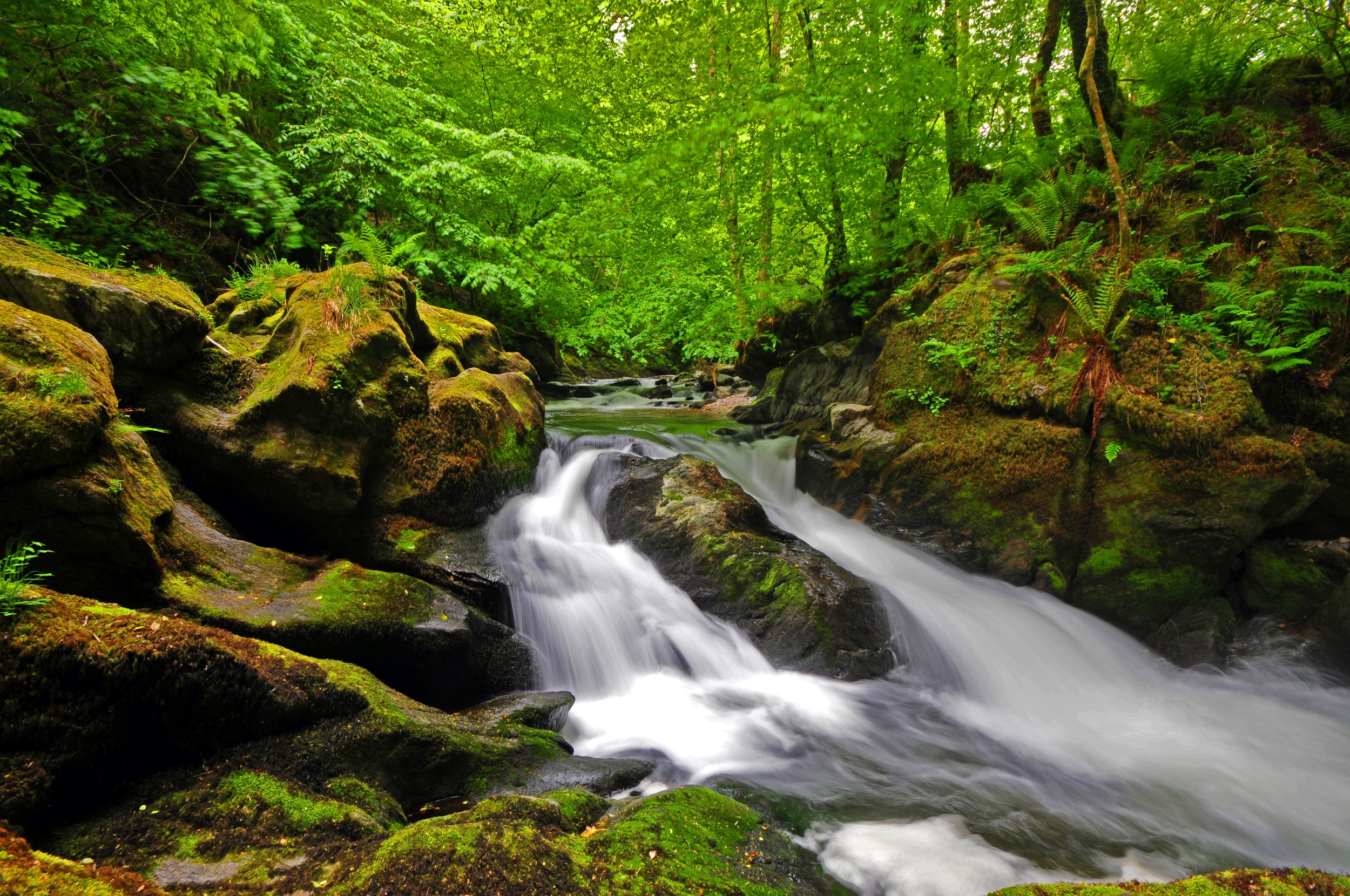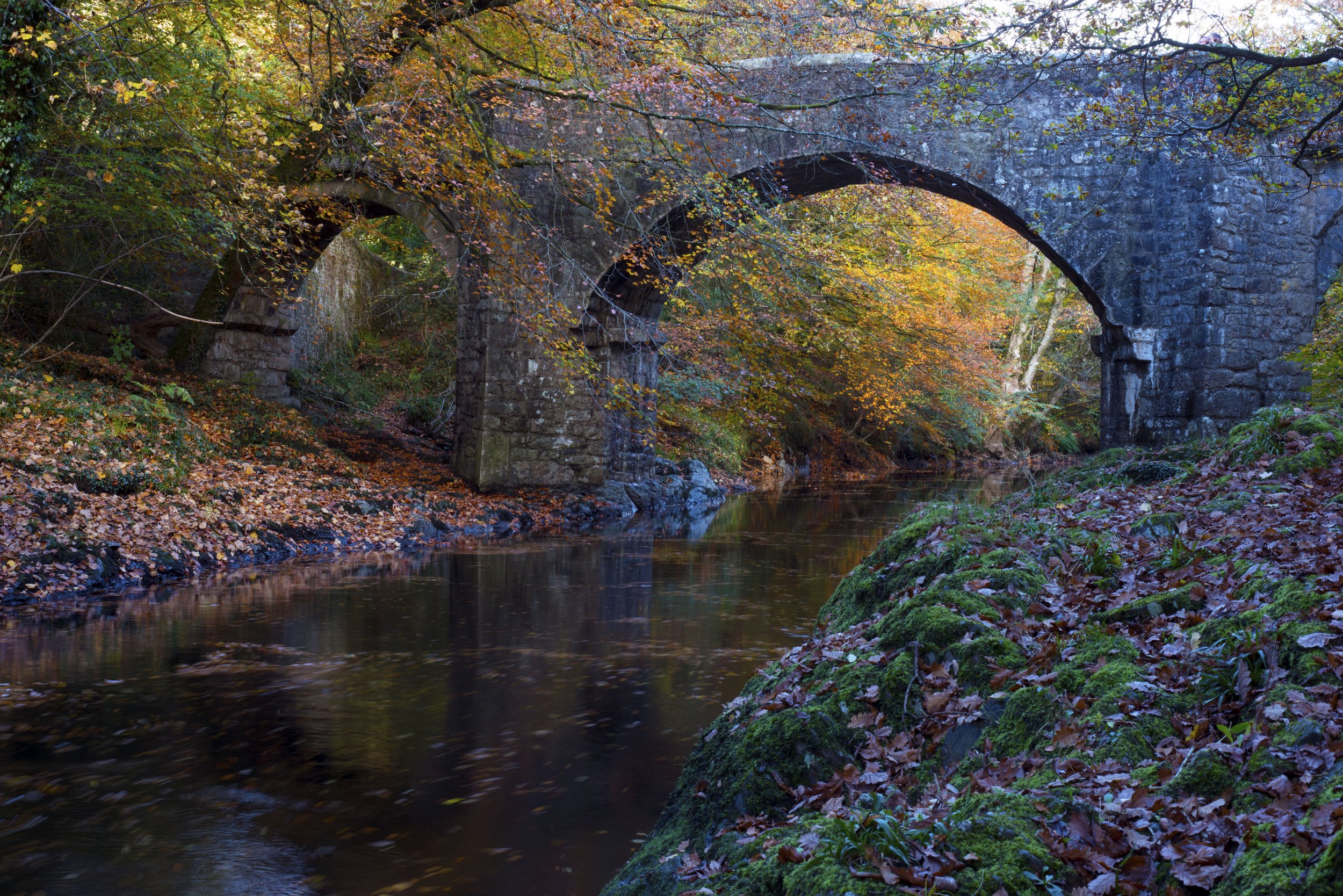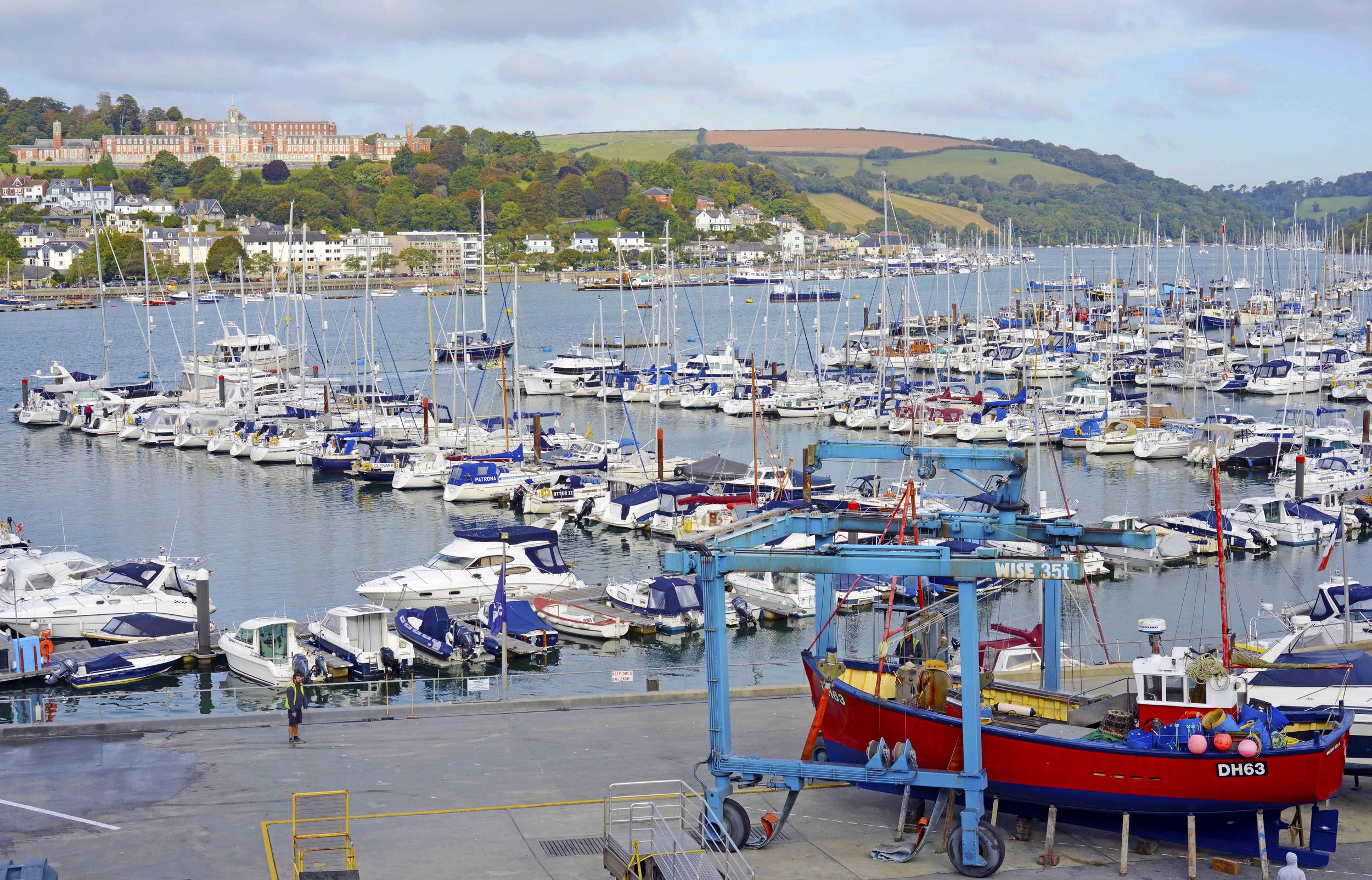An Introduction to Devon
Devon is a big county, England’s third largest after Yorkshire and Lincolnshire. It has been described as the most beautiful county in England. A land of rich pastures; green fields, rivers and woodland encompassing two National Parks, and a coastline diverse in its ruggedness and endless charm. A landscape so achingly beautiful with beaches, coastal views, hedgerows, meadows and rivers unmatched elsewhere in England.
It is a county with a long and chequered history, producing men with big ideas; Drake, Hawkins, Raleigh who sailed the seas in tiny craft, in the name of Elizabeth 1, and England. These men were Soldiers, Privateers, Men of Letters, Scientists, Navigators, brave beyond measure. They brought great pride to Devon, and wealth to the merchants of Dartmouth, Plymouth and London, and power, to England.
It is a sobering thought to digest, that as we watch the divisions of race and class, that arguably started with the Slave Trade, that Devon and England’s wealth originated from this dastardly business. Although most of the commercial underwriting came from Bristol and London, it was to the Devon Privateers that these merchants looked to do their horrific deeds.
Devon was on the Front Line against the Spanish, Dutch and the Portugese. It was indeed the Wild West of its day, and it was to Devon Men that England sought to defend our trade routes and protect us from marauding Spaniards.
Life in the countryside was spare and unforgiving. The peasant’s lot was not to be envied. The land was owned by a small number of families who came over from Normandy with William the Conqueror. Town life saw the upheavals of plague and fires. One-half of the clergy were wiped out in the plague of 1348.
It was not until the Railway Age that tourism took a foothold in the economy of the region. Shipbuilding has been a constant provider of work, precarious at times, for the yards of Devonport and Appledore.
Devon is now England’s greenest county. The County Council is championing Sustainable Tourism to combat global warning. There are more green businesses and organic food producers here than anywhere in the UK. We have included many of the best farm shops, restaurants, hotels and gastro-pubs. Our selection has been severe. We expect them to use local produce, for Devon’s larder is so abundant, there should be no excuses for providing less than excellent fare. We expect top quality. So look to feast on this green and pleasant land. Bon Appetit.
Devon has long been a favourite family holiday destination, and many who come, year on year, have second homes. South and East Devon has long been a last port-of-call for the genteel retired. North Devon has a growing reputation as Devon’s surfing centre. The M5 stops at Exeter, and this creates two westbound routes that strike to the north, and south, of Dartmoor. Those Cornwall-bound press their foot down and leave behind a Devon foolishly unexplored and ignored. But before you, too, head off on a fast-flowing A-road, consider branching off onto an unbeaten track. Put your sat-nav aside and take time to wander aimlessly across the back reaches of Exmoor and Dartmoor, into the hidden depths of mid-Devon, and beyond. You may well find your Shangri-la.







